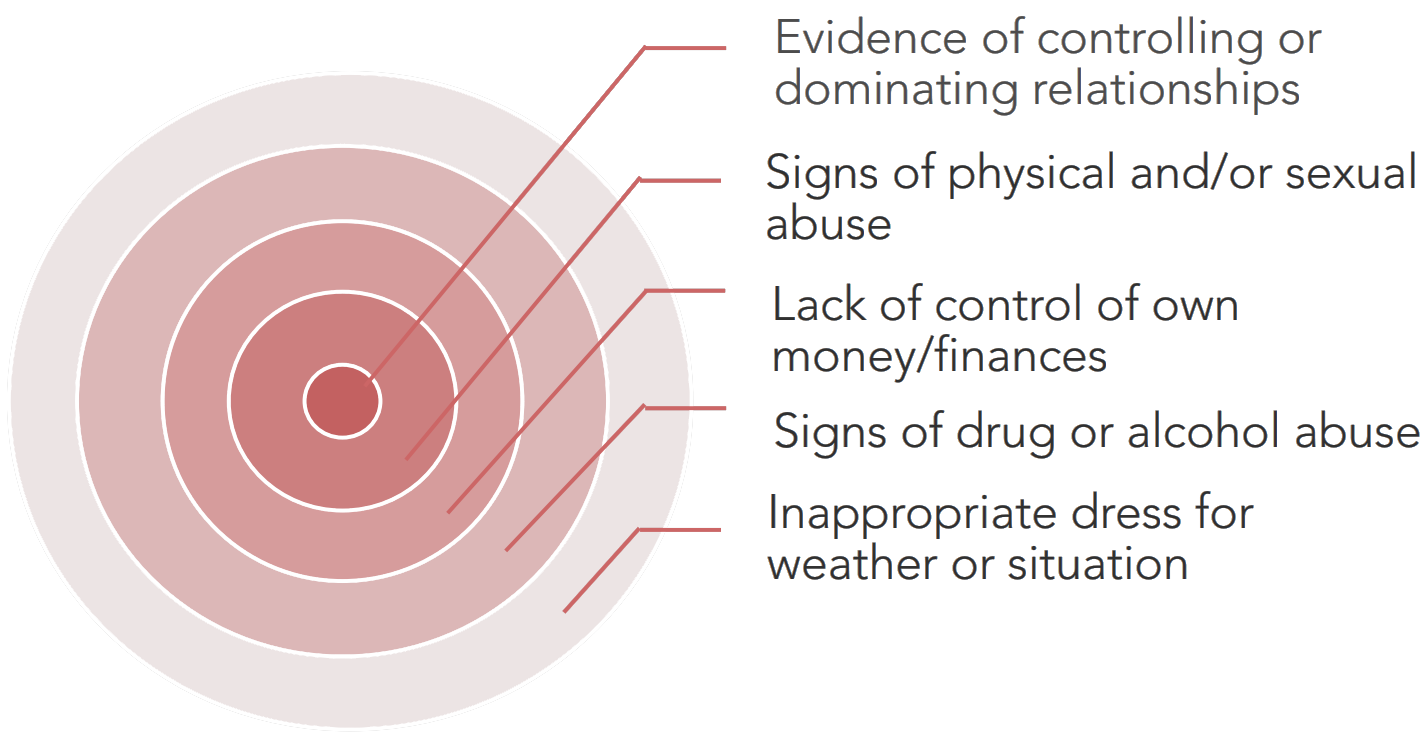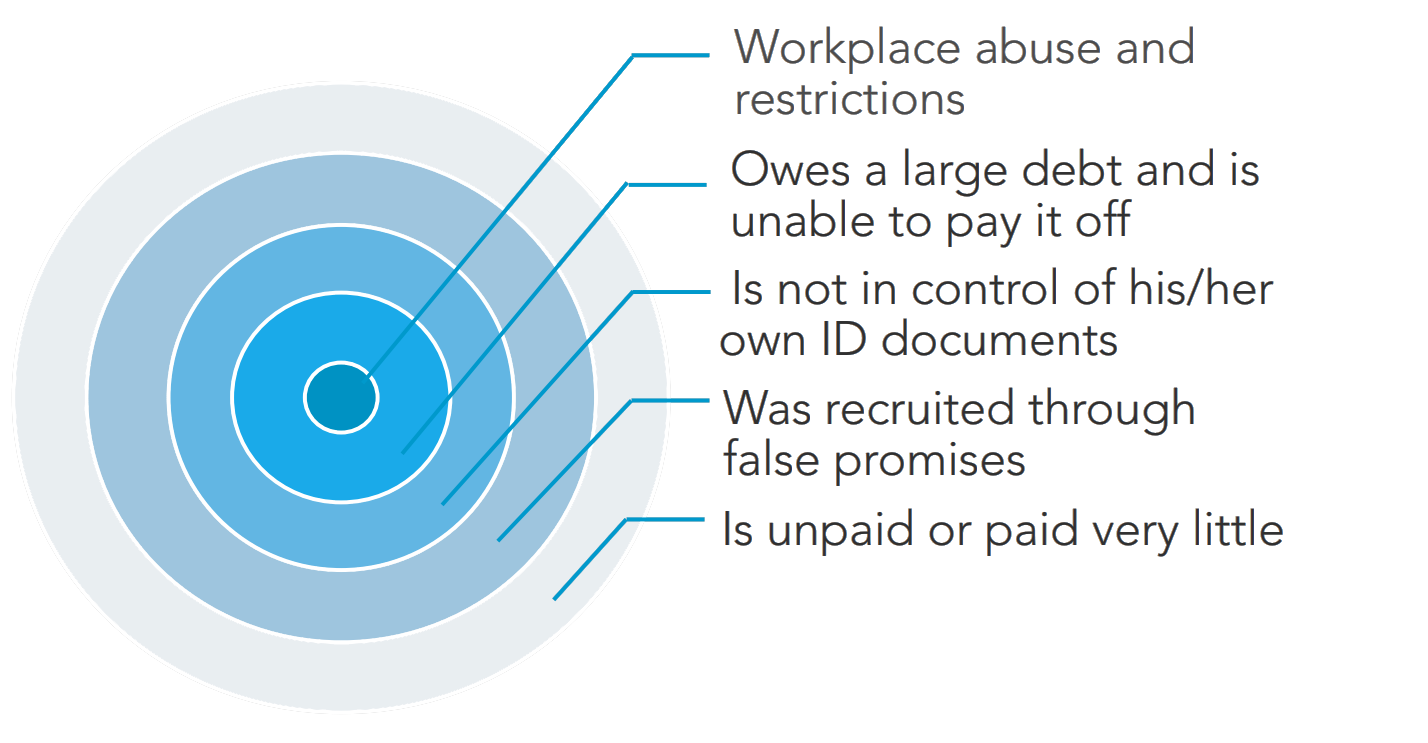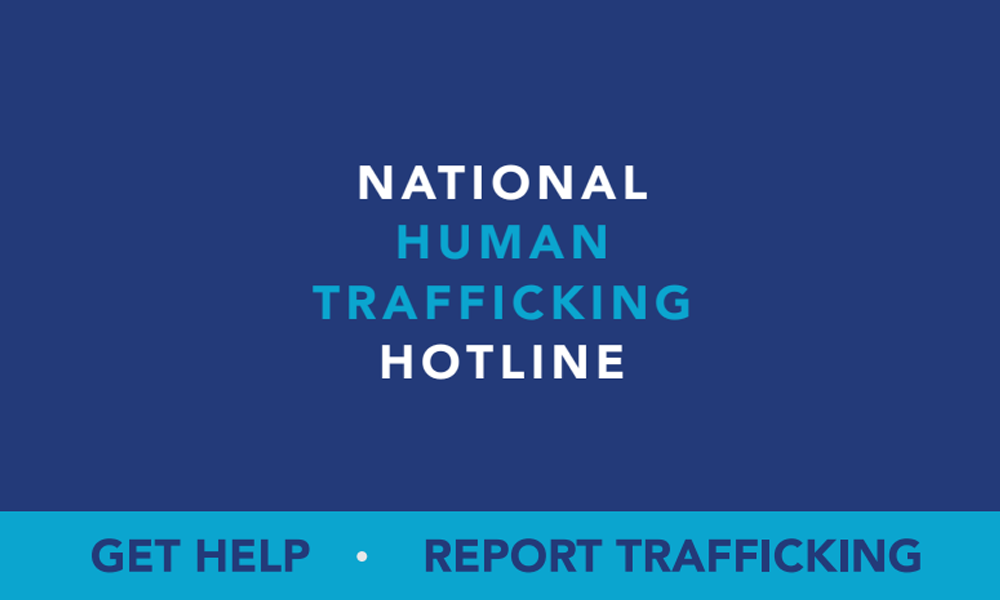As an industry that experiences frequent and intimate contact with the general public, healthcare professionals have a scrupulous expectation of workplace ethics. Being some of the few individuals whom human trafficking victims may interact with, there is a growing call to action for those within healthcare to know how to recognize and respond to human trafficking.
Human trafficking, which includes both sex and labor trafficking, is the recruitment, harboring, transportation, provision, or obtaining of a person for labor services or a commercial sex act through the use of force, fraud, or coercion for the purpose of subjection to involuntary servitude, peonage, debt bondage, or slavery, according to the National Human Trafficking Resource Center (NHTRC).
For many human trafficking victims, a lack of access can factor into the decision to not seek help. Some may lack transportation, while complexities of the United States’ healthcare system can leave many feeling help is out of reach. Fear and shame can also defer victims from self-identification. Fear of retaliation by a trafficker, of arrest, of a report to social services, or of deportation can all inhibit victims from deciding to access healthcare services.
Despite these fears, a majority of survivors report having accessed healthcare service during their trafficking situation. NHTRC reports that 87.8% of survivors accessed some kind of healthcare service, while 68.3% of survivors accessed an emergency department. This contact makes healthcare professionals’ ability to spot indicators of human trafficking vital.
Sex Trafficking indicators:

Labor Trafficking indicators:

– National Human Trafficking Resource Center
Healthcare professionals are asked to not only recognize indicators of human trafficking, but to know how to respond to such signs. A victim-centric approach is suggested. Meeting basic needs, reassuring potential victims, building trust, being conscious of language, remaining sensitive to power dynamics and avoiding retraumatization are all advised.
Protocols also may indicate different approaches in how to respond. If mandated reporting is warranted or the patient wishes to report, professionals are advised to report to the designated contact or contact the NHTRC Hotline. If reporting is not warranted and the patient does not wish to report, it is then advised to provide referrals and contact the NHTRC Hotline. Assessments should be done individually in safe locations, as well as with language that avoids asking for unnecessary information.
The National Human Trafficking Hotline can be reached at 1-888-373-7888. It is a 24/7, toll-free, and confidential service. Medical providers are advised to follow relevant HIPAA guidelines on protected health information when calling into the hotline regarding a tip. As well, the NHTRC advises healthcare professionals to coordinate offered care with other care service providers, from basic care like housing and transportation to legal services and emotional or social services like social service advocacy or life skills and job training.
At Aculabs, we understand and acknowledge our ethical obligations as medical and clinical professionals. We ensure that all of our mobile technologists who enter resident facilities are aware of and understand the National Human Trafficking Resource Center’s guidelines on how to recognize and respond to human trafficking.
You can find additional resources and links below:


Leave A Comment
You must be logged in to post a comment.